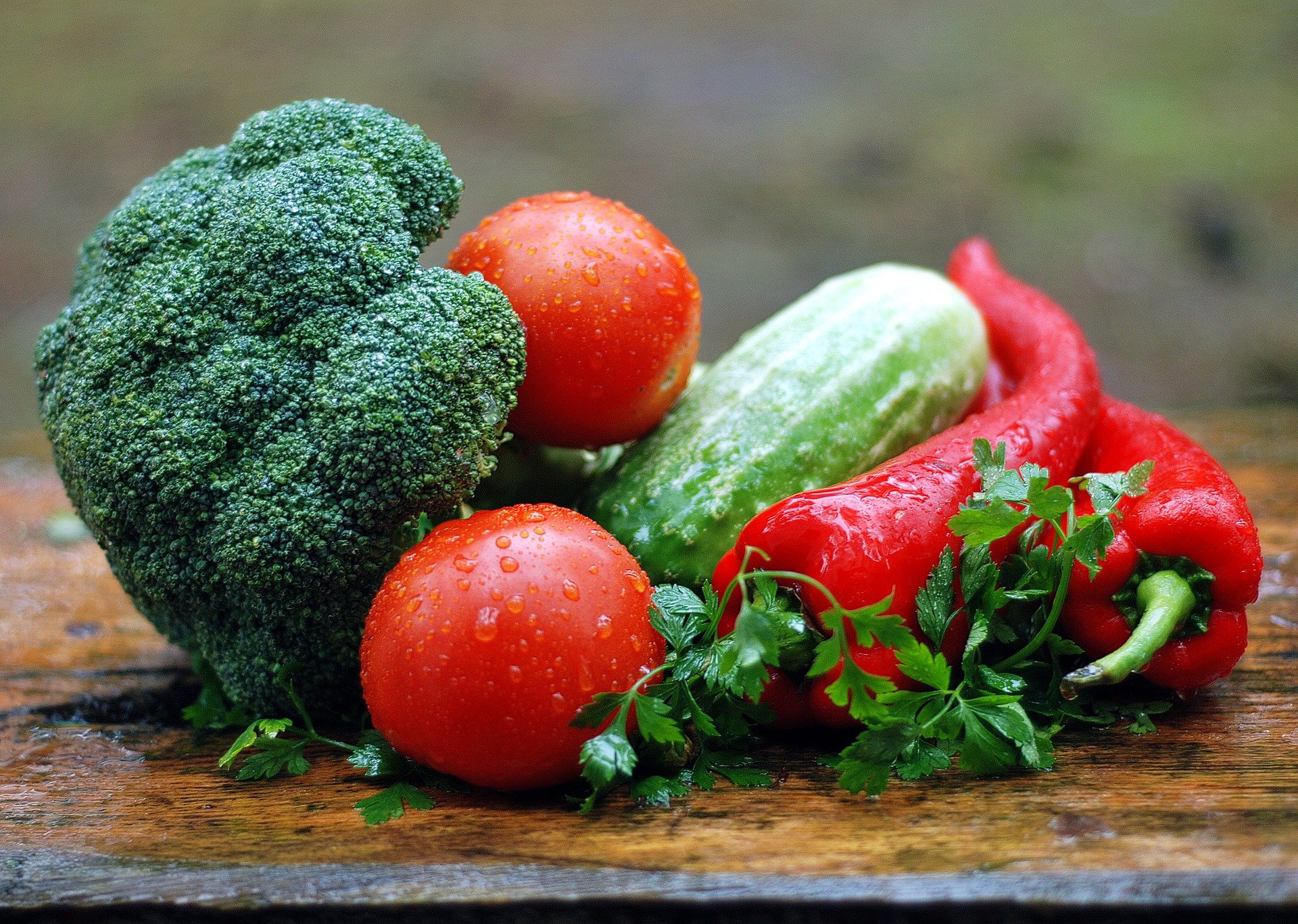A vegan diet seems to be the most green by definition. Let’s find out more about its effect on the natural environment.
The positive sides of a vegan diet for the nature
Indeed, a vegan diet is completely deprived of animal products reaching to the level of resigning not only from meat, eggs and fish but also milk and their dairy products.
Undeniably, the immense help of such a diet for the natural environment is living in harmony with animals. This of course saves the creatures from cruelty and death, however, this is not the only benefit such a diet brings to our planet. It also reduces the need in farming facilities which can be extremely harmful for the natural environment if animals are grown their on a massive scale which is usually true for industrious farming. The pollution generated by such farming facilities is immense and reduction of meat and milk consumption in turn minimises the amount of waste and water consumption by such farms.
These facts are certainly making many people believe switching to veganism is the best decision if one wants to save the nature. Yet, there are still controversies surrounding such a dietary approach.
Downsides of a vegan diet for the natural environment
Unfortunately, reducing one nutrient always requires replacing it with something different. Getting rid of any animal-based products in your diet will make you find other alternatives which will of course be plat-based. The problem here is in the amount of plant-based food one has to consume to get the same energetic quality than the one available in animal products. Usually, people have to eat more plant-based food to get the same level of satiation and it is quite common for people to have more meals. This is caused by the high level carbohydrates in plant-based diets.
As a result, the total amount of food consumed significantly overcomes the total consumption of animal-based food. This means farms lands have to work even more efficiently in order to produce such an amount of plants. This usually comes with spreading farmlands to the larger areas of ground which increases deforestation and causes all of the accompanying problems.
Another important problem is connected to the ecology of a vegan diet is the fact the trend for this diet has led to overproduction of vegan processed foods packaged in plastic. Of course, a vegan diet itself is not a culprit of such a state of affairs, however, it comes inevitably because the majority of people are not ready to start cooking various important ingredients for their dishes in the way that will keep them vegan.
Just think about the fact that many vegans need to buy plant-based butter, sausages, cutlets, milk, sour cream and much more. All of these products require packaging and many of plant-based foods substituting dairy products have to be packaged not only in plastic but also in tetra packs which are a way more harmful for the natural environment as they are not recyclable.
Of course, not all of the vegans are choosing shortcuts and buy all of these products, yet, the number of such foods on the market is growing with the interest of the society in a vegan diet.
By the way, the manufacturing process of the majority of such products is itself a way less ecologically-friendly than the production of meat and dairy foods. This is so because of a large variety of ingredients required for creating these products.
Just take a natural milk yogurt without additives and a plant-based one. Compare their content and you will see that a natural yogurt needs only milk and bacteria or yeasts while a plant-based products comes with a bunch of extra additives. Even if all of them are natural, each of them requires a separate line for production or even a manufacturing facility, packaging and transportation.
Needless to say, this is just too much for our nature.

